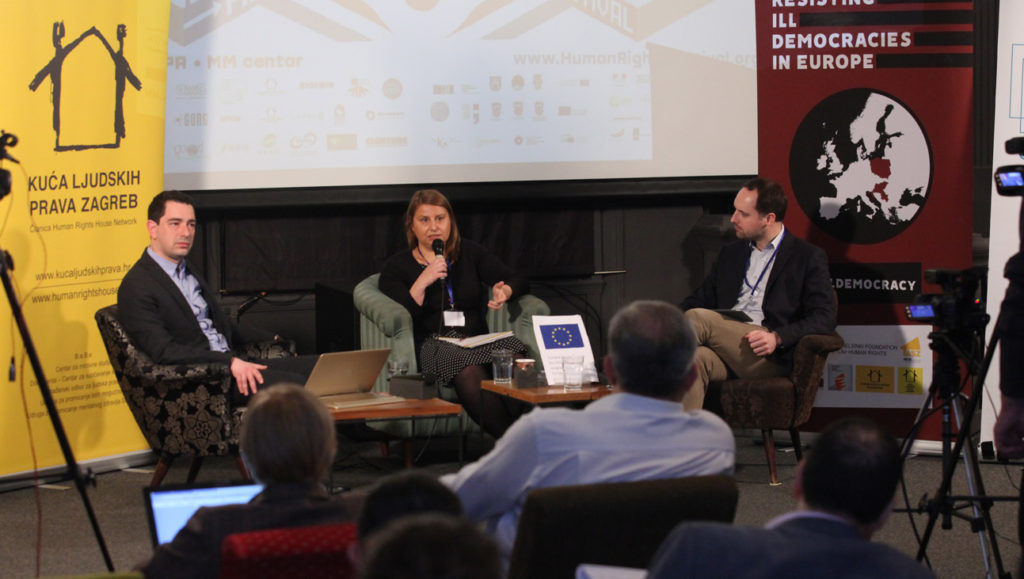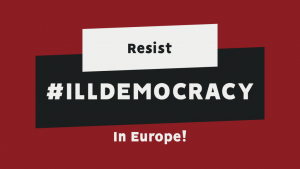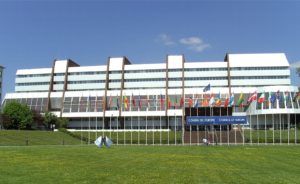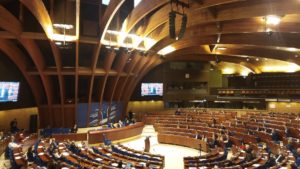
Resisting ill democracy
An “ill democracy” is a country in which the government, through abusing its majority, manipulates legislative norms and impedes the functioning of democratic institutions, and threatens the independence of democratic pillars.



Our position
Illiberal governments threaten the very structural elements of functioning democracies, transforming what were successful democratic countries into democracies that are sick.
They place limitations on the right to freedom of assembly and association and launch attacks on human rights defenders. The aim is to limit the peaceful expression of dissenting views.
A strong and independent civil society plays a crucial role in countering illiberal trends and upholding the fundamental rights that underpin democratic societies. The ability for human rights organisations to assume their watchdog functions, and the right of citizens to access information and to participate fully in public life, are cornerstones of a pluralistic, democratic society.
Despite this, illiberal governments accuse human rights defenders of being traitors who work against the national interest or threaten traditional values, or in some cases these States offer impunity to those that target human rights defenders with such accusations.
“Democracies are open to dialogue with their international partners and with the different multilateral fora they participate in. Rebuffing recommendations and attempting to delegitimise those who convey them only leads to isolation and weakening of the State’s international reputation.”
Małgorzata Szuleka, lawyer at the Helsinki Foundation for Human Rights.
This propaganda and state policy promoting traditional values makes a distinction between human rights defenders and the rest of the society. This isolates human rights defenders and makes them more vulnerable. It makes it easier to attack them and to target their organisations, as persons who are destroying the key values of the society. This stigmatisation within society also makes it harder for organisations to recruit new skilled people or to involve experts to work with human rights organisations.
States advocating “traditional values” and “illiberal” democratic values in reality aim at raising their own cultural norms and particularities above international law and standards, hence undermining universal human rights as a principle.

Resisting Ill Democracies in Europe
The case-study Resisting Ill Democracies in Europe documents illiberal trends in Croatia, Hungary, Poland and Serbia.
It draws on the first-hand information and research provided by non-governmental organisations (NGOs) from the four countries, benefitting from their diverse national perspectives and different realities.
The case-study, available in English, Croatian, Hungarian, Polish, Russian, and Serbian, was published by the Centre for Peace Studies (Croatia), Helsinki Foundation for Human Rights (Poland), Hungarian Civil Liberties Union, Hungarian Helsinki Committee, Yucom – Lawyers’ Committee for Human Rights (Serbia), Human Rights House Zagreb, and Human Rights House Foundation.
Read more about the case study Resisting Ill Democracies and its launch events held across Europe.







